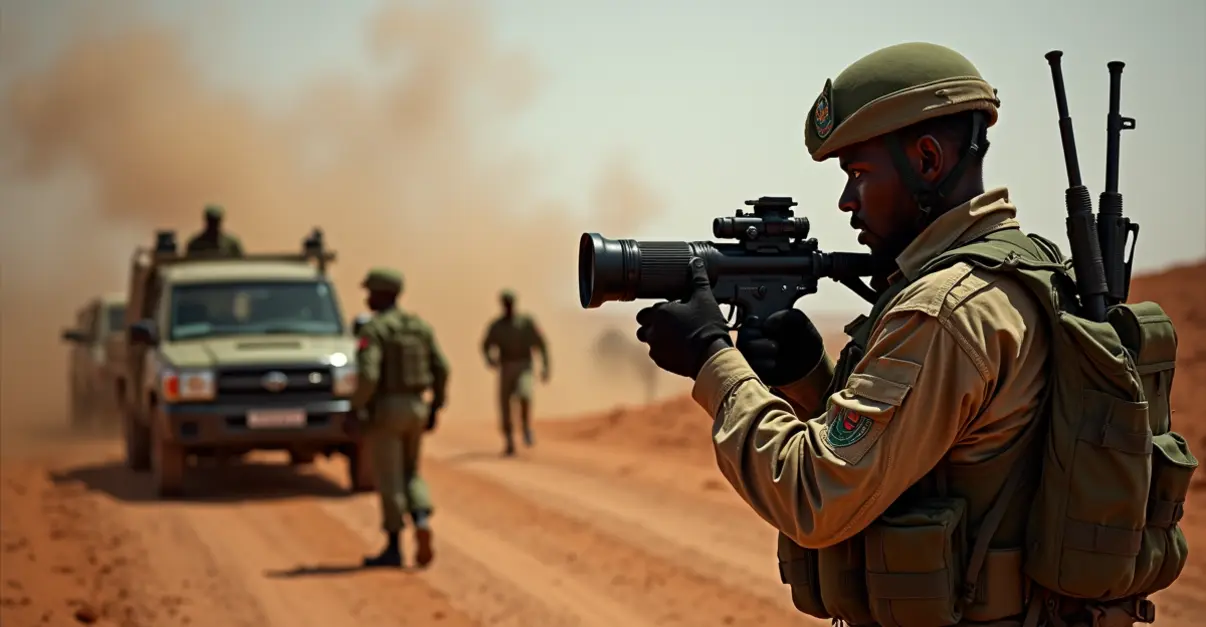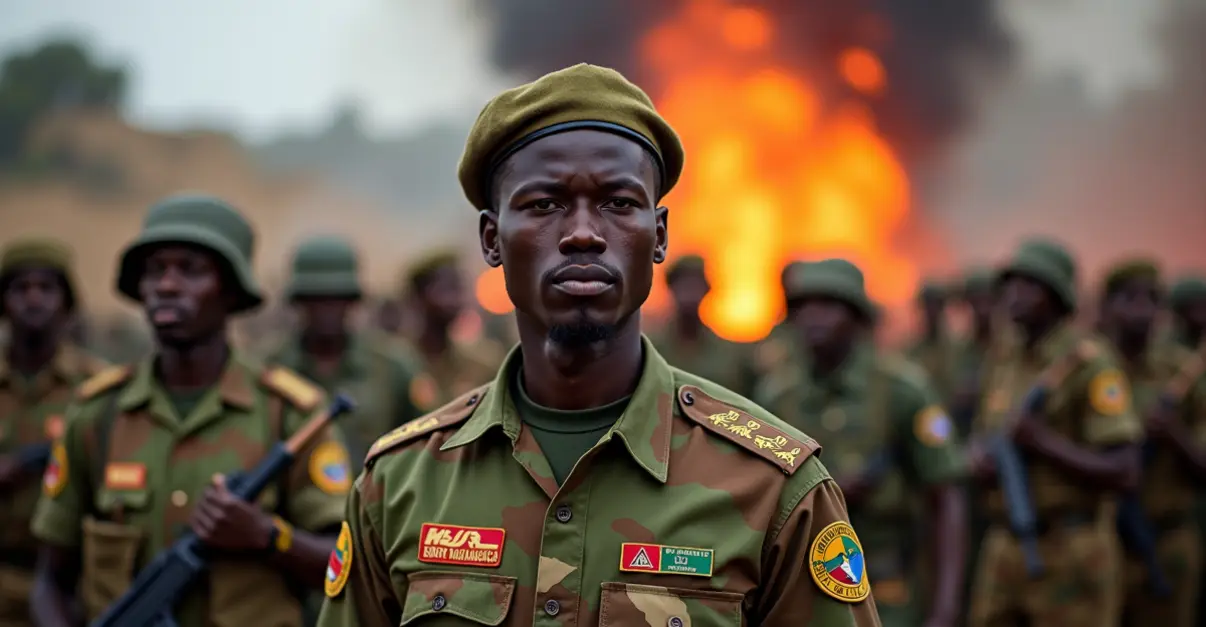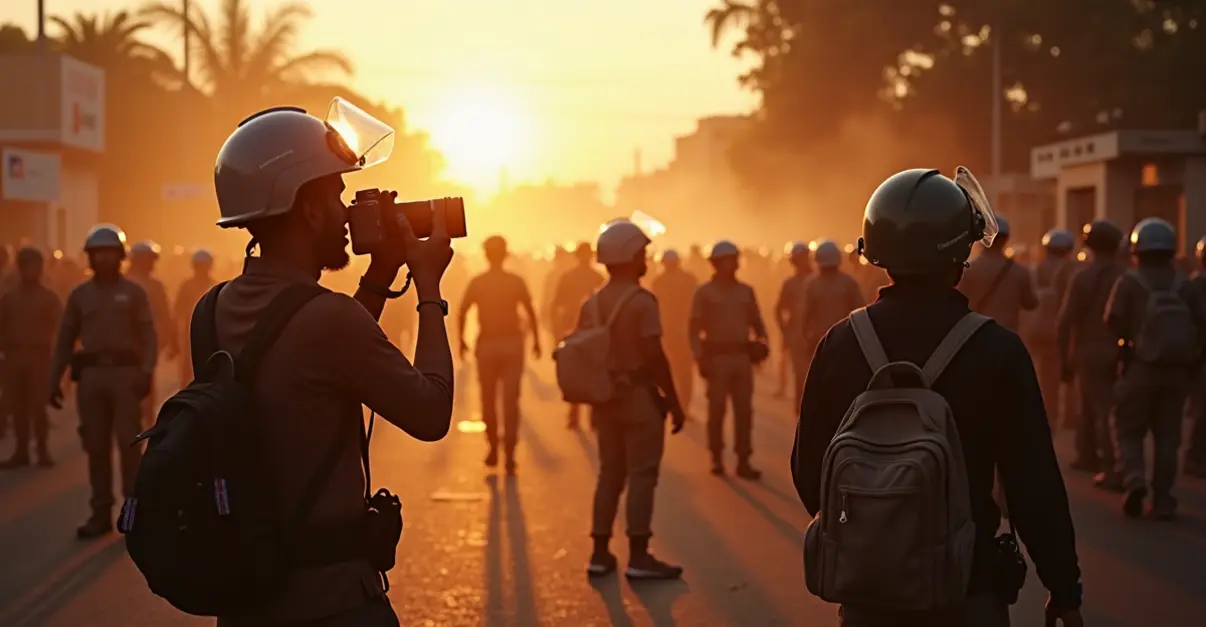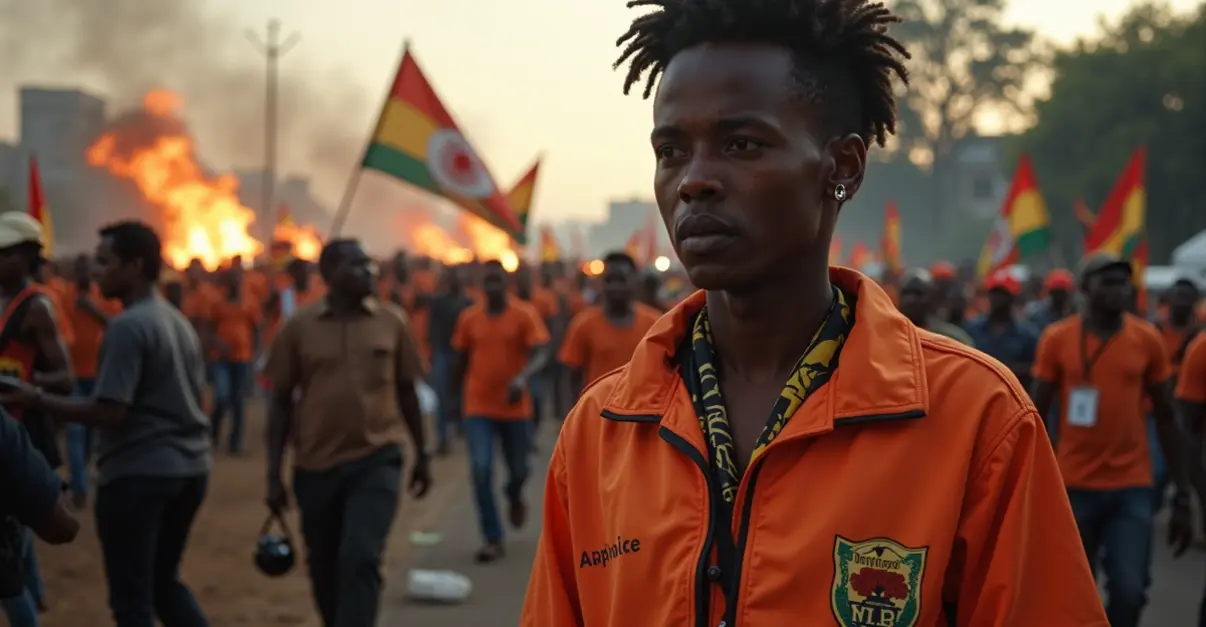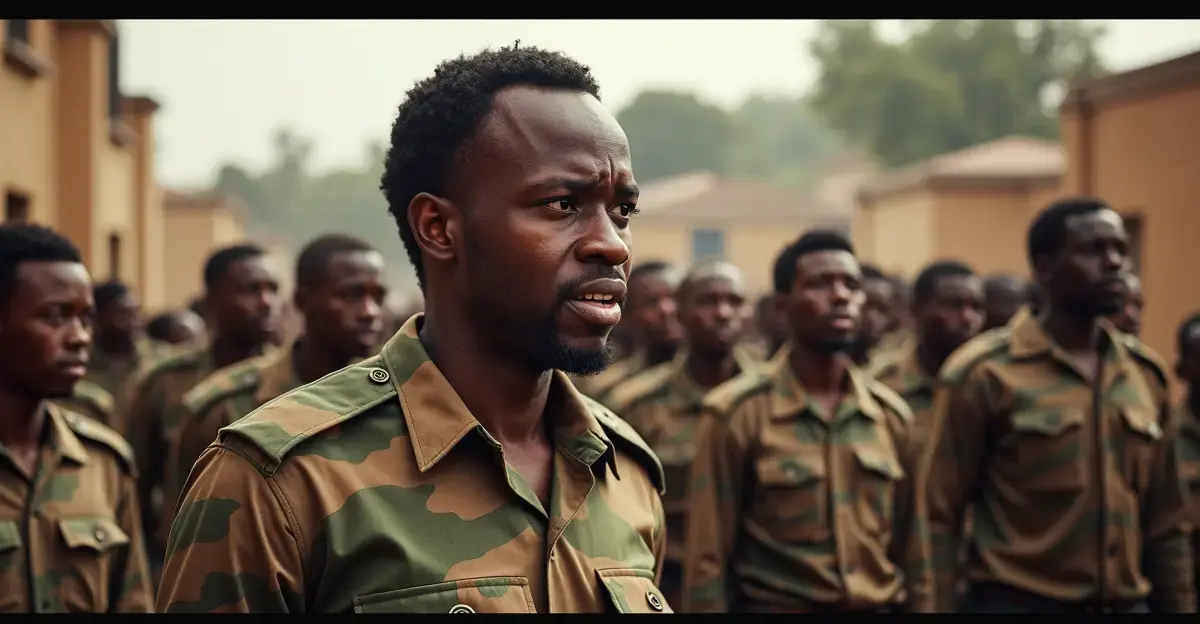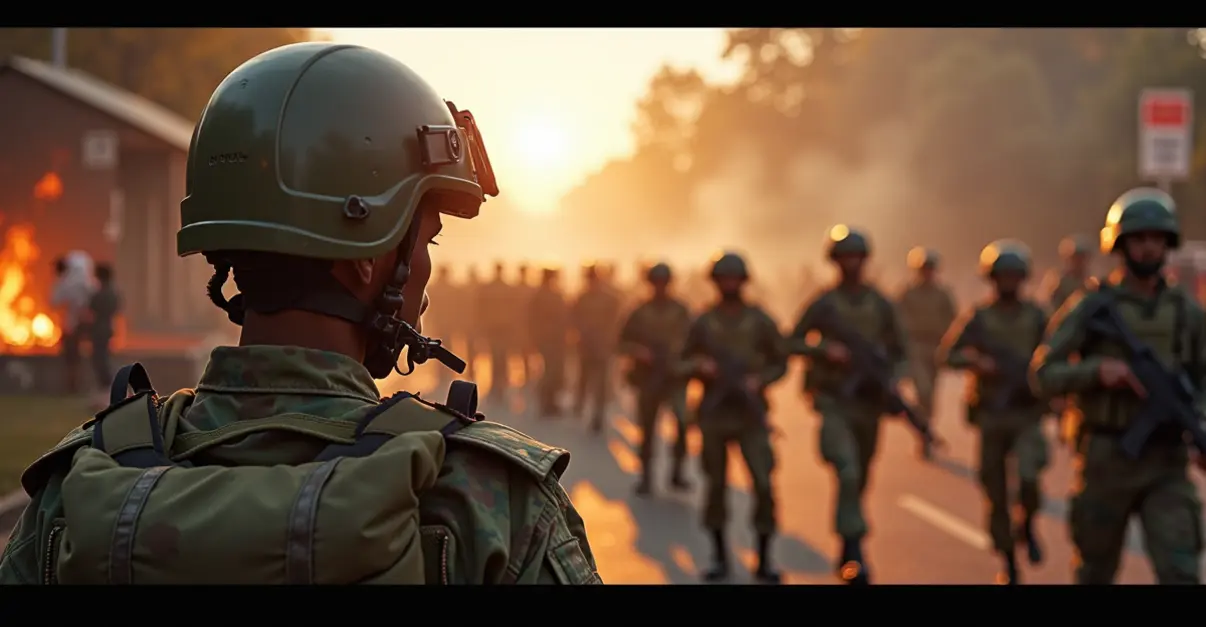Madagascar's military seizes power after President Rajoelina flees to France. Parliament impeaches president while he attempts to dissolve legislature. Elite CAPSAT unit joins protests, creating constitutional crisis with 22 deaths reported.
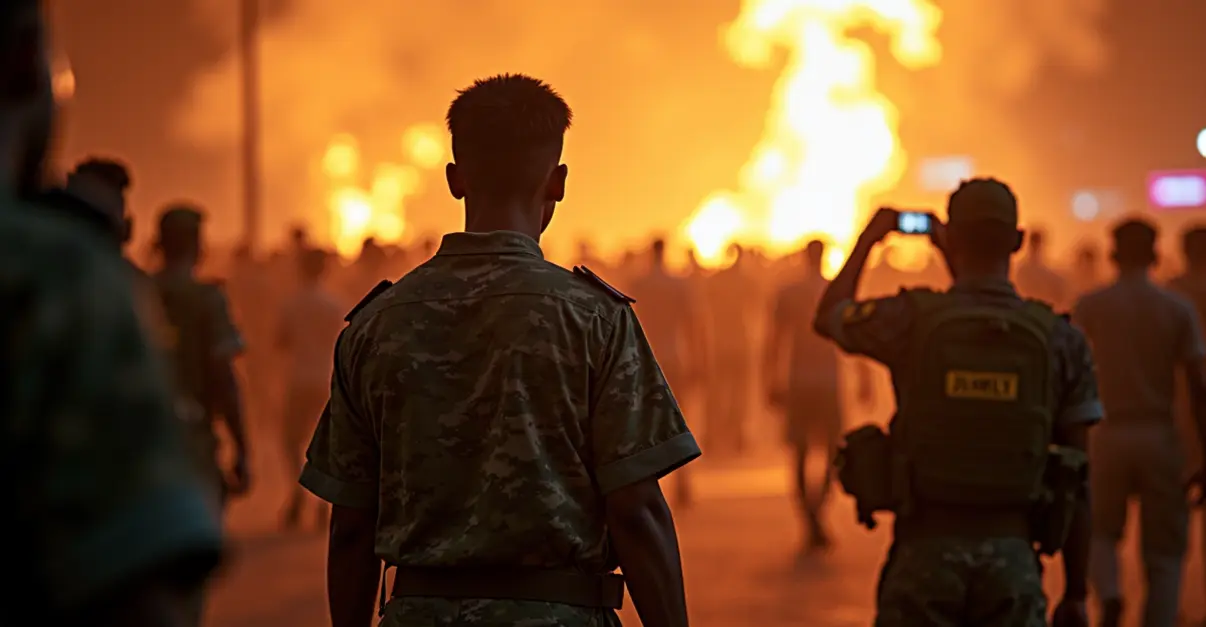
Political Crisis Escalates as Army Takes Control
Madagascar has plunged into a severe political crisis as the military announced it has taken control of the country following President Andry Rajoelina's flight to France. The dramatic developments unfolded on Tuesday when a high-ranking military officer declared on national radio that the armed forces were assuming power, marking a significant escalation in the weeks-long political turmoil.
Parliamentary Showdown and Presidential Flight
The crisis reached its climax when the National Assembly voted almost unanimously to impeach President Rajoelina, just hours after the president had attempted to dissolve parliament through a social media decree. 'This decree has no legal validity,' declared opposition leader Siteny Randrianasoloniaiko, reflecting the constitutional standoff that has paralyzed the nation.
Rajoelina, who fled Madagascar on Sunday aboard a French military aircraft, addressed the nation via social media, stating he left 'in fear for my life' but remained defiant. 'I will not allow Madagascar to be destroyed,' he asserted, refusing to resign despite the mounting pressure.
CAPSAT Unit's Pivotal Role
The crisis intensified when the elite CAPSAT military unit, which had previously helped bring Rajoelina to power in 2009, joined the anti-government protests. The unit declared control over all armed forces and appointed a new military leader, a move accepted by the defense minister. 'The situation is highly volatile and unpredictable,' warned the US embassy, advising citizens to shelter in place.
CAPSAT's decision to refuse orders to shoot at protesters significantly bolstered the Gen Z-led demonstrations that began on September 25 over chronic water and electricity outages but quickly expanded to include broader discontent with poverty, corruption, and economic stagnation.
Humanitarian Crisis and International Response
The United Nations has reported at least 22 deaths from the protests, criticizing authorities' 'violent response' to what were initially peaceful demonstrations. Night-time curfews have been imposed in major cities including the capital Antananarivo as the security situation deteriorates.
The African Union has called for calm and restraint from all parties involved, while international observers monitor the situation closely. 'We are witnessing the most significant political crisis in Madagascar since Rajoelina first came to power following the 2009 military-backed coup,' noted a regional political analyst.
The power vacuum created by Rajoelina's departure and the military's intervention leaves Madagascar's future uncertain, with constitutional experts warning that the country faces a complex transition period that could have lasting implications for its democratic institutions.

 Nederlands
Nederlands
 English
English
 Deutsch
Deutsch
 Français
Français
 Español
Español
 Português
Português




